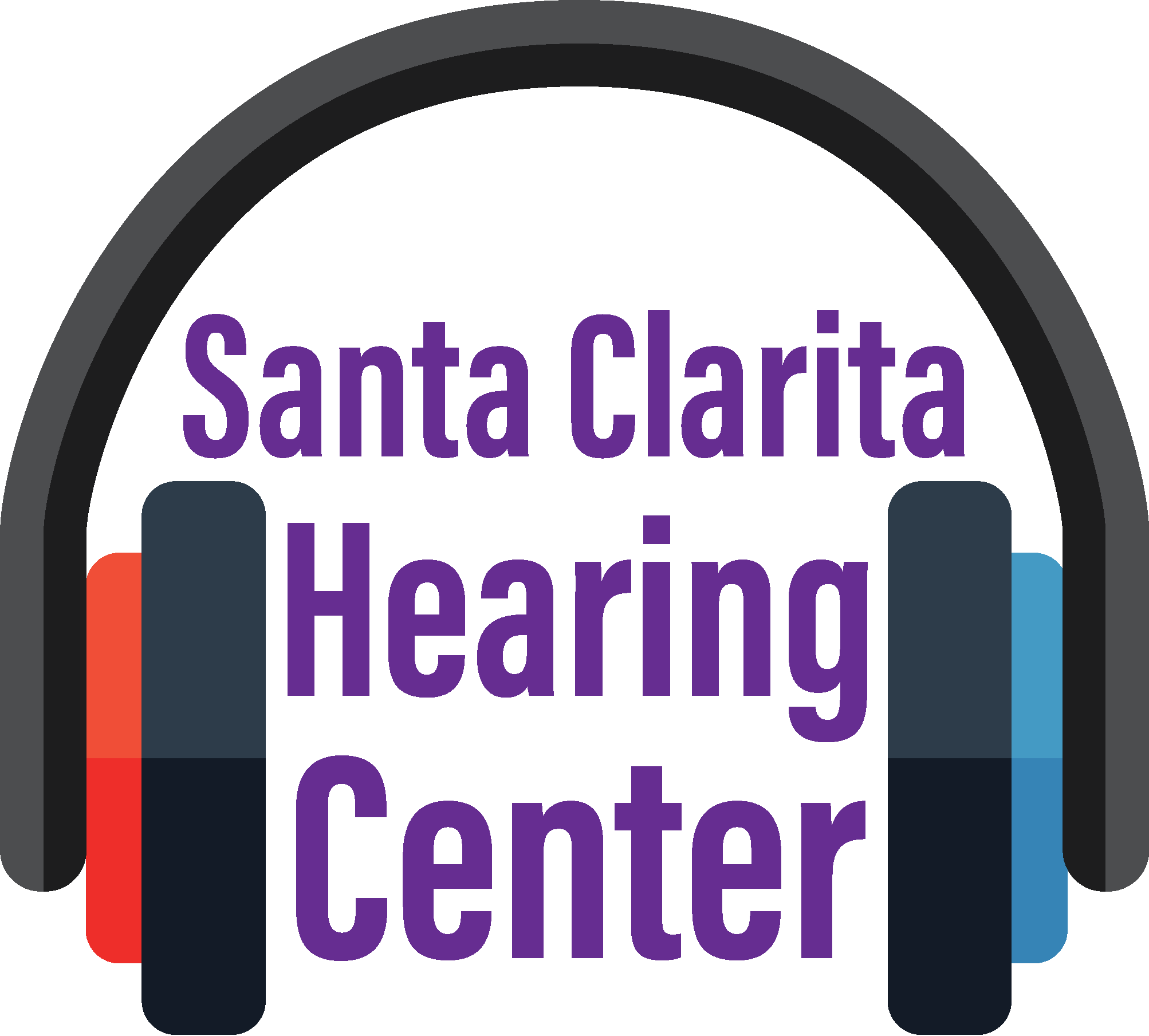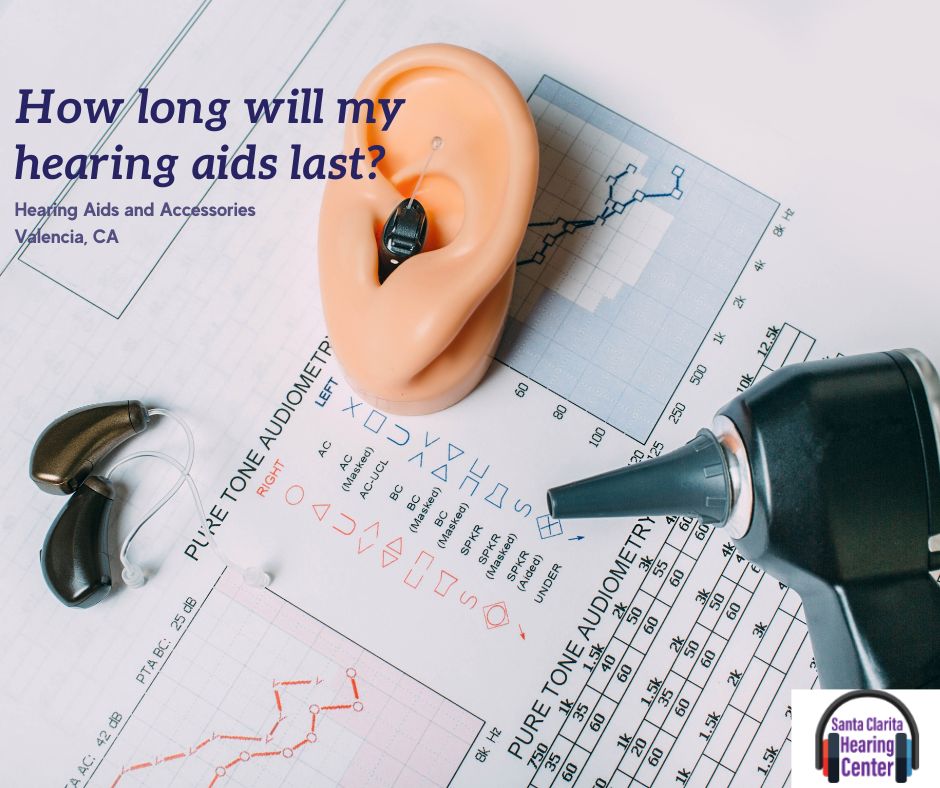Hearing aids are essential because they help individuals with hearing loss improve their ability to hear and communicate. They help amplify sounds, making them louder and easier to hear, which can significantly improve the quality of life for those who rely on them.
With the use of hearing aids, it is easier for people with hearing problems to participate in social interactions and not compromise their safety and independence.
In this article, we will explore the lifespan of hearing aids and the factors that can affect their longevity. We will also discuss the importance of regular maintenance and repairs to prolong the life of your hearing aids.
Whether you’re a new hearing aid user or have been wearing them for years, this blog will provide valuable information on how to get the most out of your devices.
Factors that affect the longevity of hearing aids
“How long will my hearing aids last?” – as audiologists, we commonly get this question from our patients every day.
There’s no exact formula to make a hearing aid last or extend its lifespan. It depends on various factors including:
- Daily usage: It’s not rocket science – the more you use a hearing aid, the more wear and tear it will encounter.
- Exposure to moisture, humidity, and earwax: Moisture and earwax are the top culprits of hearing aid damage.
- Proper care and usage: Just like any other device or appliance, hearing aids need regular maintenance, cleaning, and proper usage.
- Battery life: Rechargeable batteries can have a longer lifespan than disposable batteries. When using disposable batteries, make sure that you are using the correct size and battery voltage.
- Device quality: A hearing aid’s quality (materials, brand, etc.) plays a big role in its longevity. Premium hearing aids are typically more durable and less likely to malfunction. Some advanced or premium hearing aids are made of high-quality materials such as titanium, making them more durable and resilient to wear and tear. This is a matter of quality vs quantity; think of hearing aids as an investment!
Is regular hearing aid maintenance necessary?
Definitely! Regular maintenance of hearing aids is greatly necessary for several reasons:
- Enhanced performance: Through regular hearing aid maintenance, it is easier for an audiologist to ensure that the hearing aid is functioning properly and providing the best possible sound quality.
- Prolonged hearing aid lifespan: Regular cleaning and checkups can help prolong the lifespan of the hearing aid by detecting and addressing any issues before they blow up into major issues.
Early detection of any issues can prevent damage and costly repairs in the future.
- Cost-effective: Regular hearing aid maintenance is also cost-effective because it helps prevent major repairs and replacements.
- Customization: Through regular device maintenance, an audiologist can ensure that the hearing aid wearer is enjoying optimal performance and comfort.
Consult your hearing care provider for the recommended schedule of maintenance and cleaning for your specific type of hearing aid.
Through regular check-ups, cleaning, and adjustments, it’s easier to ensure that the hearing aid is working at its best and providing the best possible hearing experience for you.
Hearing Aids in Santa Clarita, CA
Santa Clarita Hearing Center is a trusted hearing care provider in Santa Clarita, CA. For your hearing aid needs, queries, or concerns, we are here to help you hear!
Contact us today to schedule an appointment!


